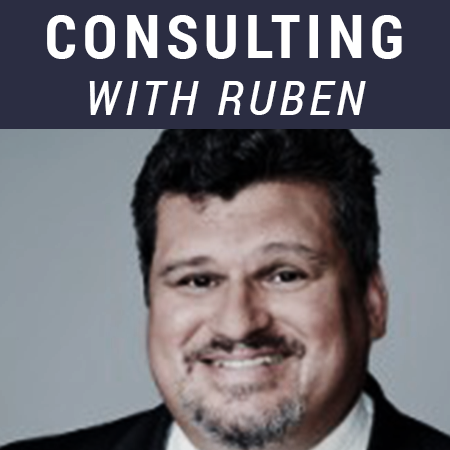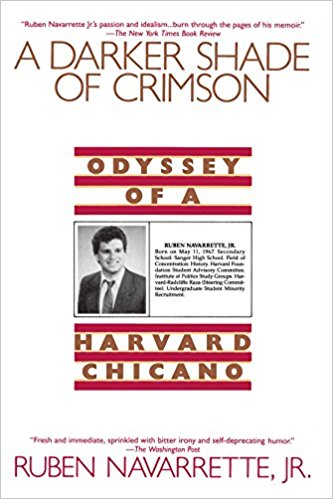The so-called ‘level playing field’ — such that it is — will never be level, not in trade and not in life
It’s war! A trade war, that is.
The United States is now in open conflict with China over age-old questions of who sells what to whom and at what price.
After the Trump administration imposed a 25 percent tariff on steel and a 10 percent tariff on aluminum in a desperate attempt to artificially prop up failing industries, China retaliated with $3 billion worth of tariffs of its own — on more than 120 U.S. products including pork, meat and fruit.
How do we know the U.S. steel and aluminum industries are failing? Because thriving industries don’t need much protection. Notice that Team Trump isn’t rescuing Google or Apple Computers.
Actually, it is Americans who need to be rescued — from the belief that there is any such thing as a level playing field. Those three little words represent the unicorn of the trade debate, a total fantasy that people like to talk about even if it will never materialize. Not ever.
In the global exchange of products and goods, the phrase “level playing field” has become “go-to” terminology.
President Trump loves the phrase. Last year, in discussing the devaluing of China’s currency, Trump promised that “eventually and probably very much sooner than a lot of people understand or think, we will be all at a level playing field.”
So do business leaders like Dave Burritt, CEO of U.S. Steel Corporation, who supported Trump’s tariffs on imported foreign steel and aluminum. “We are not protectionists. We want a level playing field. … It’s time for some fairness here. It’s past time.”
But support for the phrase is bipartisan. On his way to winning the U.S. House seat in Pennsylvania’s 18th Congressional District, Democrat Conor Lamb endorsed Trump’s tariffs as good for the economy and the country. Lamb said it was time to “take some action to level the playing field.”
The trouble is, the playing field — such that it is — will never be level, not in trade and not in life.
President John F. Kennedy had it right so many years ago. When asked by reporters at a press conference in March 1962 about political opposition to his plan to send more U.S. troops to Vietnam, Kennedy observed: “There is always inequality in life. Some men are killed in a war and some men are wounded and some men never leave the country. Life is unfair.”
Sometimes, that is what a president needs to say to the American people. Leaders tell them what they need to hear, not what they want to hear.
For Trump, the trade debate is about two things: pressuring other countries to bend to his will on a host of issues like immigration and drugs, by hitting them in the pocketbook; and trying to alleviate the anxiety of America’s working class.
To those ends, we can expect Trump and his supporters to keep advancing the narrative that the United States and its people are being taken advantage of, that the country is suffering from a “trade deficit” estimated to be several hundreds of billions of dollars, and that government remedies such as tariffs are sometimes needed to give U.S.-made products a fair chance at competing in foreign markets.
To Americans struggling with lost jobs, falling wages, shuttered factories and diminishing hope — particularly in Rust Belt states like Ohio or Michigan — Trump’s demand for a level playing field is music to the ears.
It’s also a convenient way to avoid a fact of life that can make their lives difficult and uncomfortable: competition.
If anyone knows how to avoid the nuisance of having to compete for what you want, it is Donald Trump. For his entire life, Trump has benefited from an unlevel playing field that was bent in his favor.
It started at birth when Trump became part of a wealthy family of high-achievers.
He later attended the University of Pennsylvania where he was admitted — according to Trump biographer Gwenda Blair — as a favor from a “friendly” admissions officer who had known Trump’s older brother.
He started his real estate business with a loan from his father, Fred Trump Sr., which is estimated to be in the vicinity of $14 million. And after his father died, he inherited the bulk of the patriarch’s estate, which was valued at about $200 million.
And eventually, as a presidential candidate in the 2016 election, Trump crushed his Republican competition with the help of an estimated $2 billion of free media.
Life has been good to Trump. And, at times, it has been harsh to his competitors who no doubt could have benefited from a level playing field.
They didn’t get one. Why? See above. Because — as Trump sometimes needs to be reminded — there is no such thing.
Ruben Navarrette, a contributing editor to Angelus News, is a syndicated columnist with The Washington Post Writers Group, a contributor to USA Today and the Daily Beast, author of “A Darker Shade of Crimson: Odyssey of a Harvard Chicano” and the host of the podcast “Navarrette Nation.”





